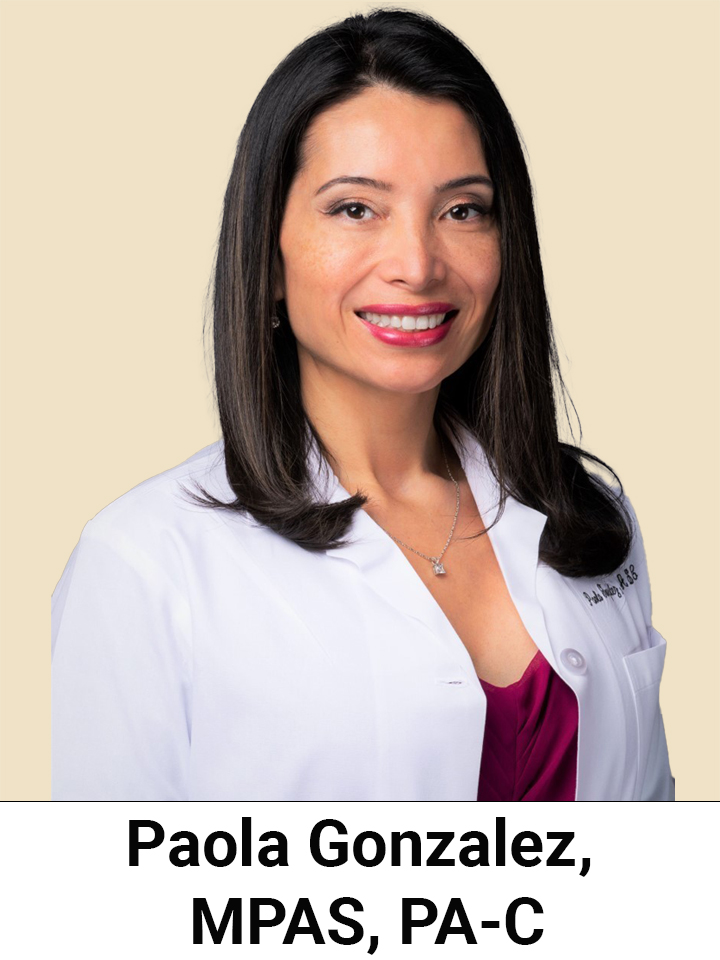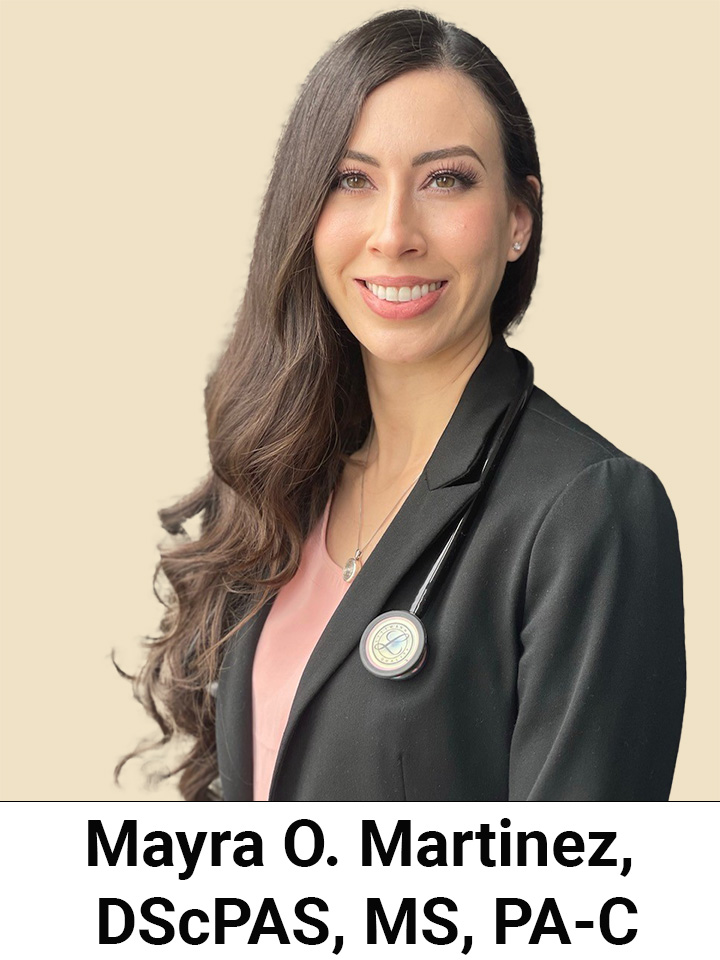Celebrating Contributions of Hispanic/Latino and Latina PAs in Health Care
In recognition of the recent National Hispanic Heritage Month, we celebrated the contributions of Hispanic/Latino and Latina physician associates/assistants, or Asociado Médicos, who have made significant strides in their field.

Gonzalez is a strong advocate for diversity and inclusion and believes it is important to celebrate Hispanic Heritage Month as a way to honor the contributions and unique experiences of the Latinx community. By doing so, a deeper comprehension of Hispanic cultures, values and how it impacts health care outcomes can be recognized.
“El Mes de la Herencia Hispana is a time for us to celebrate and honor the rich cultural diversity and impacts of the Hispanic community to our society,” Gonzalez said. “As Latinas PAs, we have a unique opportunity to bridge the gap between health care providers and the Hispanic community and address the disparities that exist. By understanding and embracing our language, heritage and culture, we can better serve and advocate for the diverse needs of our patients.”
“It is crucial for us to continue to educate and empower health care providers on the importance of breaking down language barriers by learning medical Spanish, while also championing diversity and inclusion in the health care field,” she said.
As the number of Hispanic PAs continues to grow, so does their impact on the field. It is estimated that 7% of PAs in the U.S. are Hispanic or Latino, according to NCCPA’s 2022 Statistical Profile of Board Certified PAs.
General pediatrics reported the highest percentage (11.9%) of PAs who identify as Hispanic, Latinx or Spanish origin, according to NCCPA’s 2022 Statistical Profile of Board Certified PAs by Specialty.

“I am proud to represent and serve my community and work towards increasing diversity in health care,” Martinez said. “I hope to inspire other Hispanic individuals to pursue a career as a PA and serve their communities with compassion, cultural competence and excellence.”
During a health care visit, Martinez is able to provide more culturally competent care to her patients and their families. This is especially important for the Latino community, which is the largest and fastest-growing minority group in the U.S.
“Speaking Spanish allows me to better serve children and their families during a healthcare visit. It provides a more relaxed and meaningful experience, and I can better communicate, assess their understanding, questions and needs,” said Martinez.
There are many opportunities for physician assistants to learn more about Hispanic culture and health disparities. For anyone interested in learning more about the PAs for Latino Health organization and their support for Pre-PA students and PA students, visit palh.mypanetwork.com.
¡Adelante, que juntos todo podemos!
